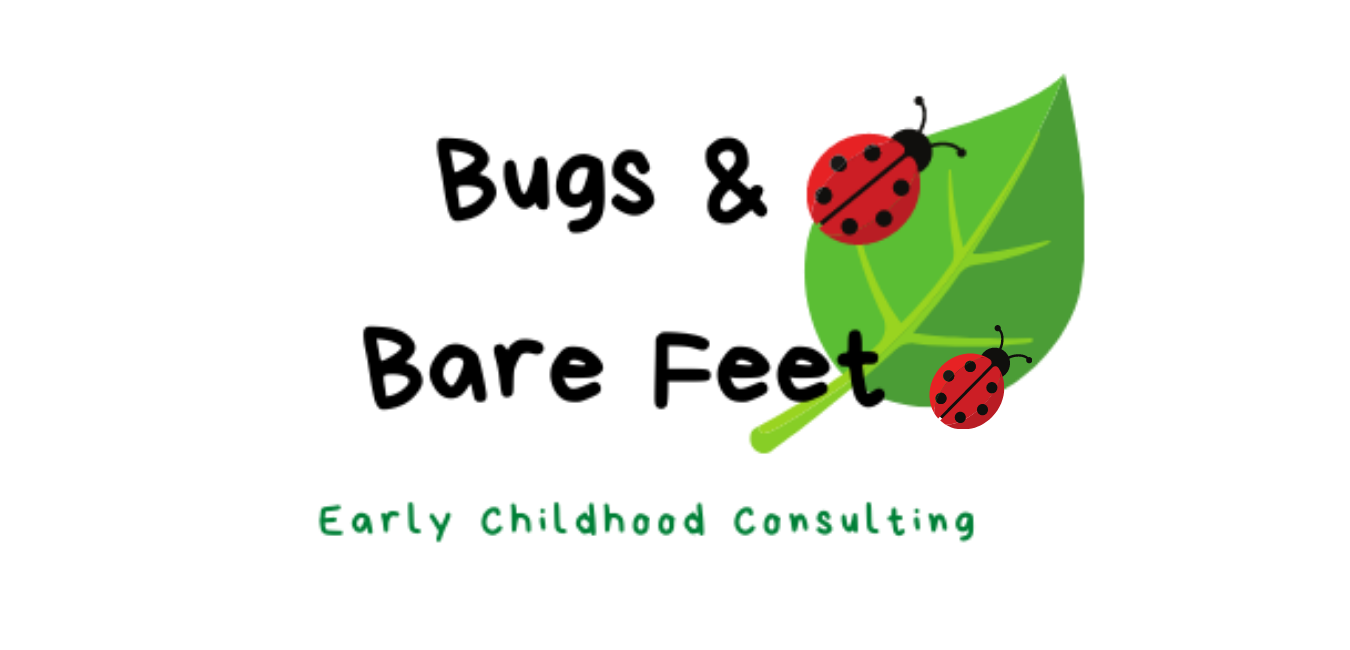We’re Here to Help
You will feel more in control and retain knowledge more effectively when you understand how your online learning environment works. Check out our eLearning Tips and Strategies to help you get the most out of your study!
Motivation is the key to success!
Your commitment to online studying demonstrates that you are organised and motivated in furthering your knowledge and skills in your field of expertise, early childhood education and care. This shows employers that you are committed, can work independently and that you are efficient.
Create a study schedule
Make your study a part of your routine, just as you would do if you were attending a class. It is important however to be realistic about scheduling your time. Your study will need to fit in with your lifestyle, family and work commitments so it is important to consider what time works best for you and when you will be best able to focus on your learning.
- Consider your family’s routine and schedule and think about when these will have less impact on your study allocation.
- Are you a night person or morning person?
- Factor in time for breaks. This allows you to reflect on your learning, gives your mind and eyes a break and also gives you an opportunity to stretch.
- Allow enough time to complete the course so that it doesn’t cause you stress or mean that you have to cram. Both of these will hinder your ability to learn new information.
We all learn at different rates. Some people learn quickly, whilst others need to take the time to ponder and reflect. Be aware of your own learning style and accommodate this into your schedule. It will help you have a better learning experience.
Create an effective and appealing learning space
A learning space that is uncluttered, easy to use and organised allows you to focus on the learning and not be distracted or disturbed by the work environment. Consider the following elements of your workspace:
- Your desk and chair: are they comfortable and suitably located.
- Lighting should be sufficient so as to avoid eyestrain.
- Temperature of the room: if you are too hot or too cold, you cannot focus effectively on your learning
Familiarise yourself with how Online eLearning works
Whilst you are studying you want to be able to concentrate on the content of your course and your learning journey. It is, therefore, important that you make yourself familiar with the following aspects of the eLearning before you begin studying:
- How to navigate through the course pages
- How to answer quiz questions
- What to do if you need technical support
Have confidence in your own ability!
You have shown your commitment to your profession as an Educator by enrolling in a course to further your knowledge. As part of your reflective practice, contribute and take part in professional conversation and sharing.
You can also use the knowledge you gain from your course in your current daily practice and contribute to discussions with your colleagues with added confidence.
Bugs & Bear Feet eLearning courses provide you with a great deal of up-to -date content knowledge. You can extend your own learning by using our links to the references we have used and also to other supporting documents and websites.
Reward yourself for your own success!
Set yourself reasonable goals and reward yourself when you reach them. Your goal might be to finish a module per week, or to finish the whole course before the end of the month. And your reward may be to indulge in a treat or go for a walk on the beach when your scheduled study time is completed. Working towards a goal will motivate you and give a feeling of accomplishment when you are done.
Online etiquette
Online study requires different types of social courtesies than those we use when we attend a traditional classroom or workshop environment.
The following website will give you further tips regarding online etiquette:
https://esafety.gov.au/esafety-information/esafety-issues/digital-reputation
Visual representations and mind mapping
Create a visual image of the information in a sequence or scaffold the information visually as it becomes more complex. An example of this, with which you might be familiar, is the food pyramid which depicts foods we should eat a lot of along the bottom of the triangle and foods we should eat in moderation at the apex of the triangle.
Create a framework for your study
Before you begin a new course or unit of study, set out a framework to guide you through it. Your framework should have the following headings, which will serve to navigate you through the new topic and organise your knowledge.
- What do I know already?
- What do I want to/need to find out?
- How can I find out what I want to learn?
And finally,
- What did I learn from this unit of study?
Comprehending and retaining new knowledge
Actively reading assists you in comprehending the main ideas from a body of text. It is important that you summarise these ideas in some way to help you remember them.
You can do this by:
- Taking written notes, or typed notes if this suits you better
- Write a list of the main vocabulary- this will trigger your memory
- Paraphrase the written content- rather than copying the information, writing it out briefly in note form demonstrates and tests your understanding of the main ideas
- Take notes of the main ideas or headings on sticky notes and stick them around your computer screen. This will remind you of what you have read about.
Re-reading and skimming
Courses in which you enrol in Bugs & Bare Feet eLearning are all relevant to your professional practice. They contain up-to-date information that you can use in your daily practice to improve your skills and knowledge and will help you to expand your contribution to your workplace in many ways. It is always easier to retain information that is relevant to you and which has a purpose for you in your daily life. When you read the information in your course, re-read and skim the information before you go onto the next module and whilst you do so, think of how you observe this in action or could implement this in your daily practice. This might become part of the learning framework we looked at above.


